The ketogenic diet, often referred to as the keto diet, is a low-carbohydrate, high-fat diet that has gained popularity for its potential health benefits and weight loss effects. It involves reducing carbohydrate intake significantly and replacing it with fats, which puts the body into a metabolic state called ketosis. In a typical Western diet, the body primarily relies on carbohydrates as its main source of energy. When carbohydrates are limited, the body turns to alternative fuel sources, particularly fats. By consuming a high amount of healthy fats and moderate amounts of protein, the body is prompted to enter ketosis, where it starts producing ketones from fat to be used as an energy source.
Here are some key principles of the keto diet: Low Carbohydrate Intake: The keto diet restricts carbohydrate intake to a minimal level, usually around 20-50 grams per day. This limitation helps to deplete the body's glycogen stores, prompting the shift towards using fat for fuel. High Fat Consumption: Healthy fats become the primary source of calories in the keto diet. Examples of healthy fats include avocados, nuts and seeds, olive oil, coconut oil, butter, and fatty cuts of meat. The high fat intake ensures that the body has enough fuel for energy and satiety. Moderate Protein Intake: Protein intake is moderate on the keto diet to prevent excessive protein breakdown, which can interfere with ketosis. It's important to consume adequate protein to support muscle maintenance and other bodily functions. Ketosis: Ketosis occurs when the body starts producing ketones, which are byproducts of fat metabolism. These ketones are utilized as an alternative energy source by the brain and other organs. Achieving and maintaining ketosis is a key goal of the keto diet.
Potential Benefits of the Keto Diet:
It's important to note that the keto diet is not suitable for everyone. It requires careful planning, monitoring, and potential supplementation to ensure adequate nutrient intake. Additionally, individuals with certain medical conditions, such as pancreatic or liver disorders, may need to avoid the keto diet or seek medical guidance before starting. It's recommended to consult with a healthcare professional or registered dietitian before embarking on any significant dietary changes, including the keto diet. They can provide personalized advice based on your specific health needs, goals, and lifestyle.
:max_bytes(150000):strip_icc()/complete-keto-diet-food-list-what-you-can-and-cannot-eat-if-youre-on-a-ketogenic-diet-3-cd4cd1fc60cb455bbe7eee6e3a7d4d2c.jpg)
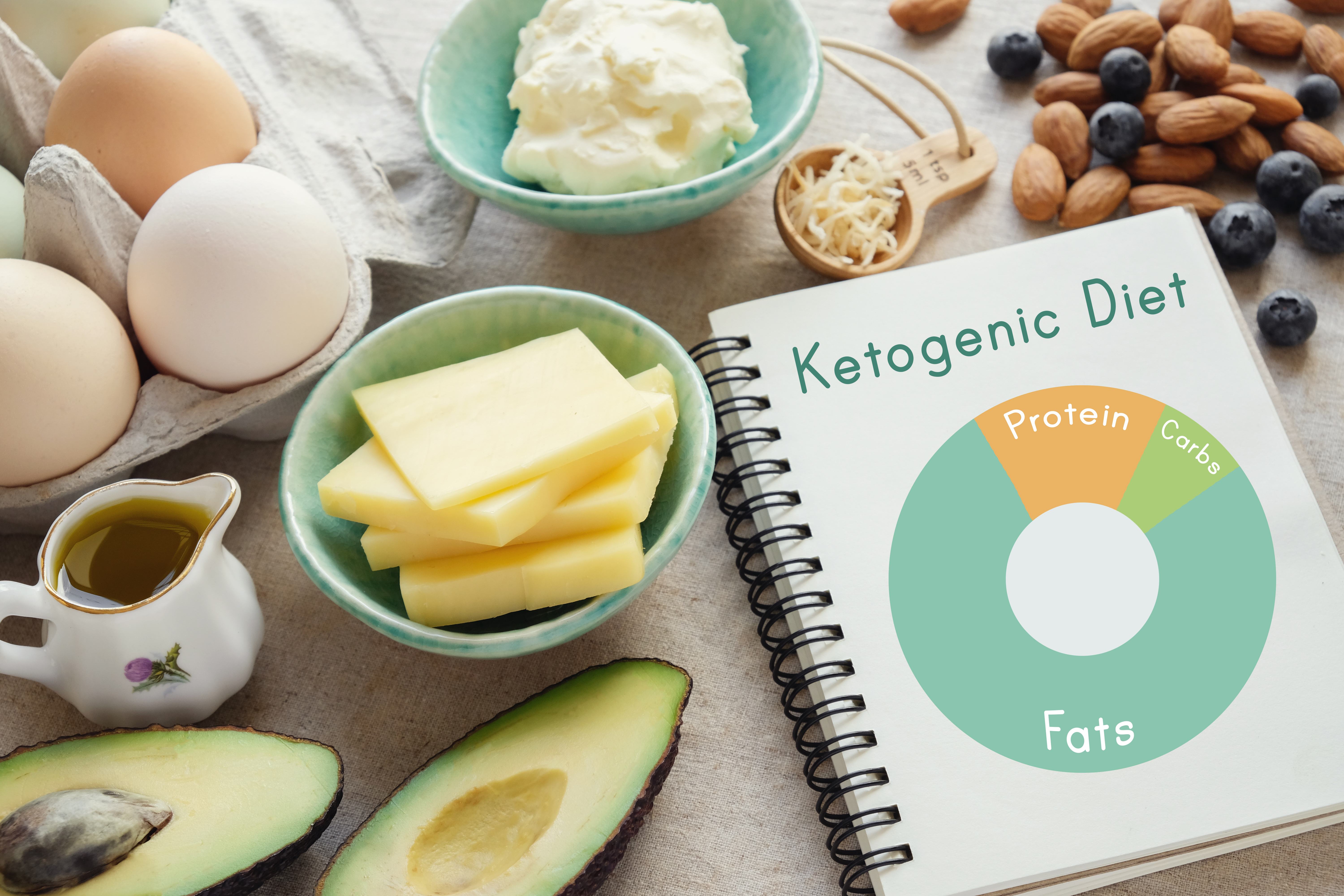
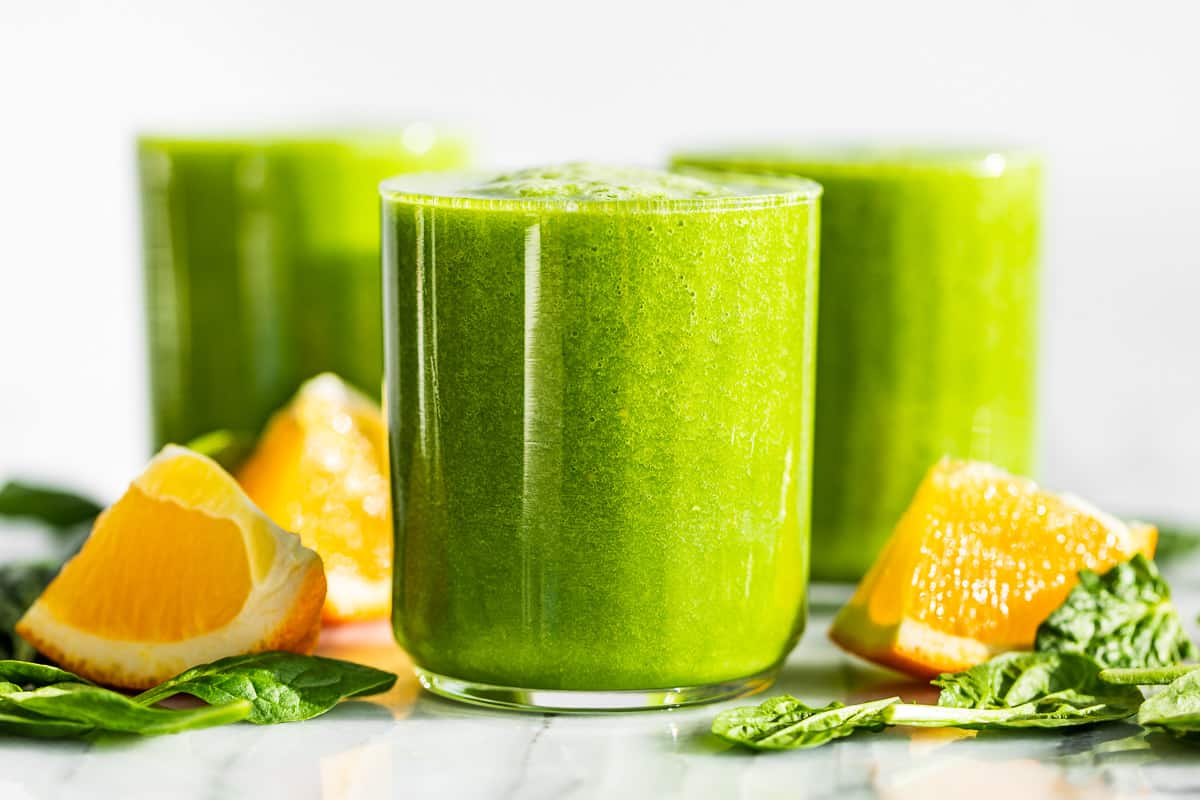

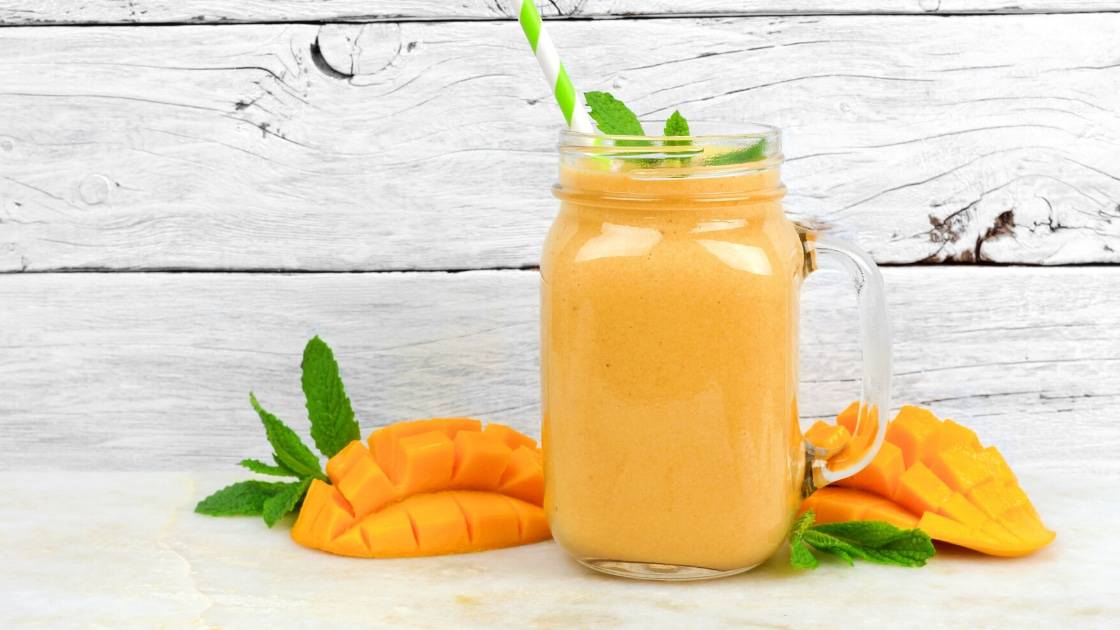
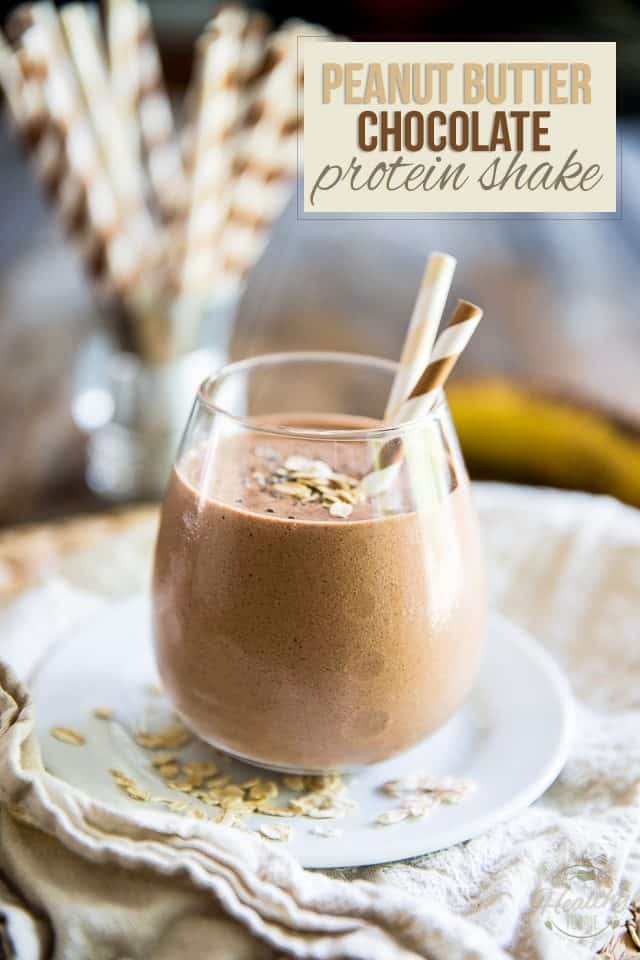

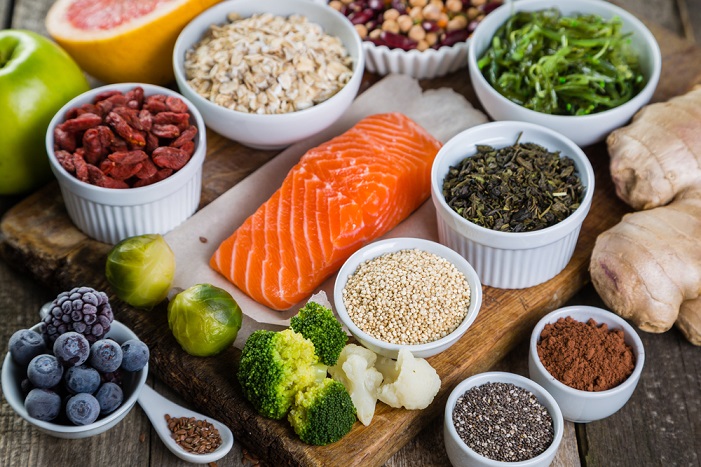



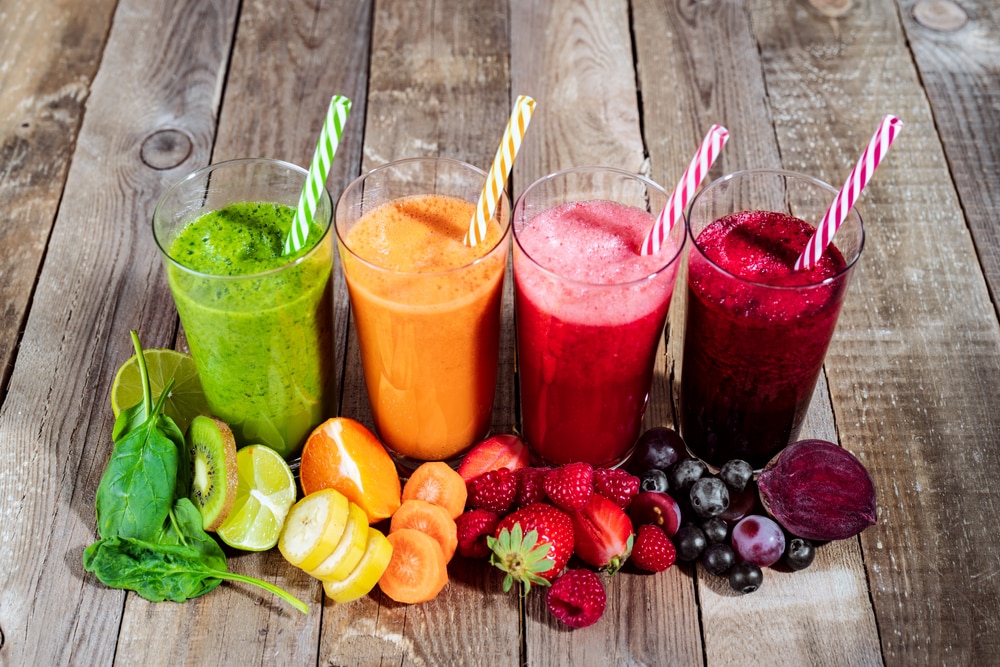



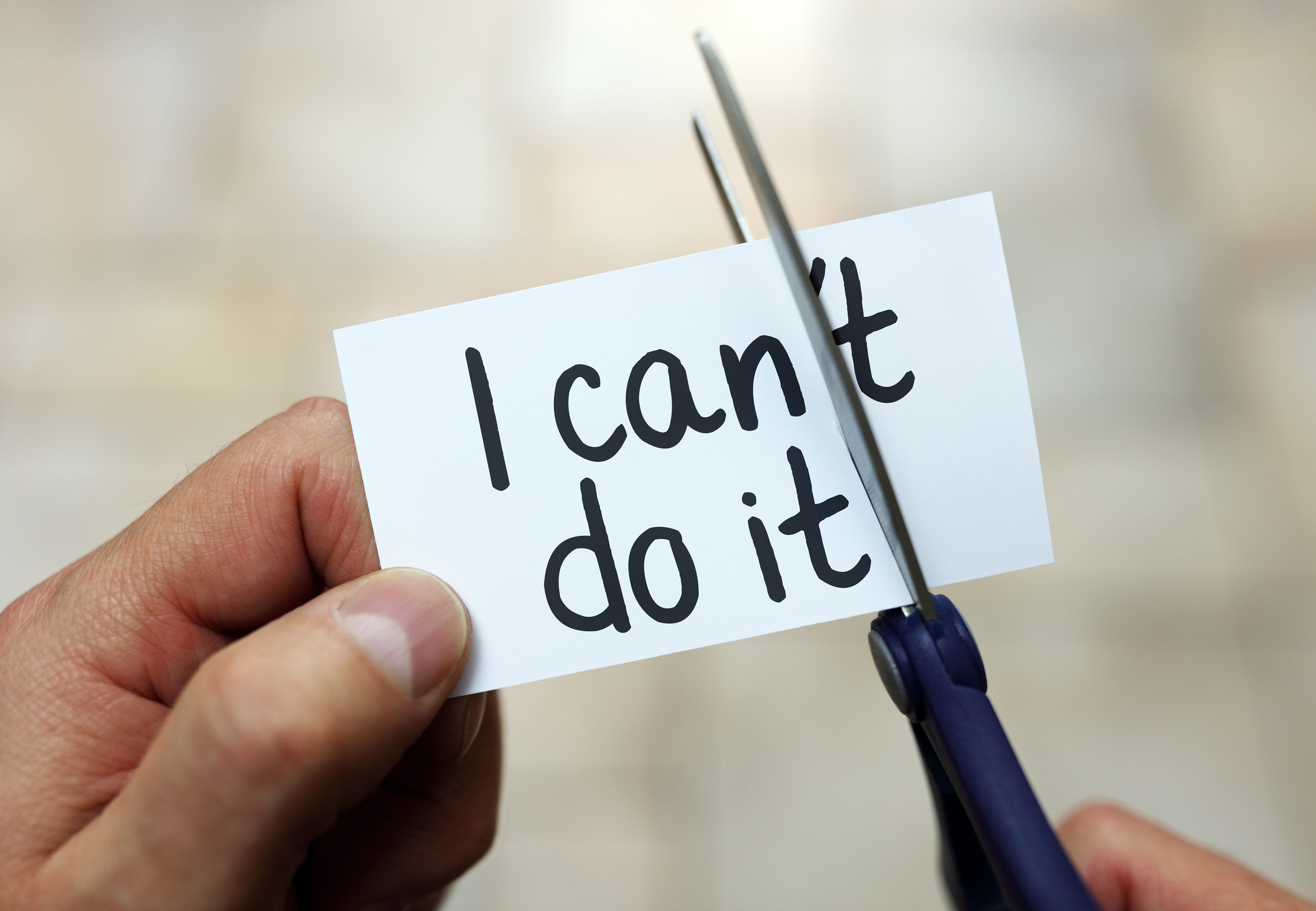

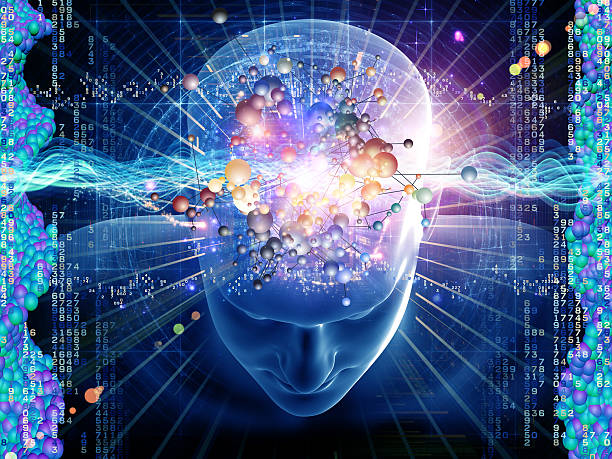

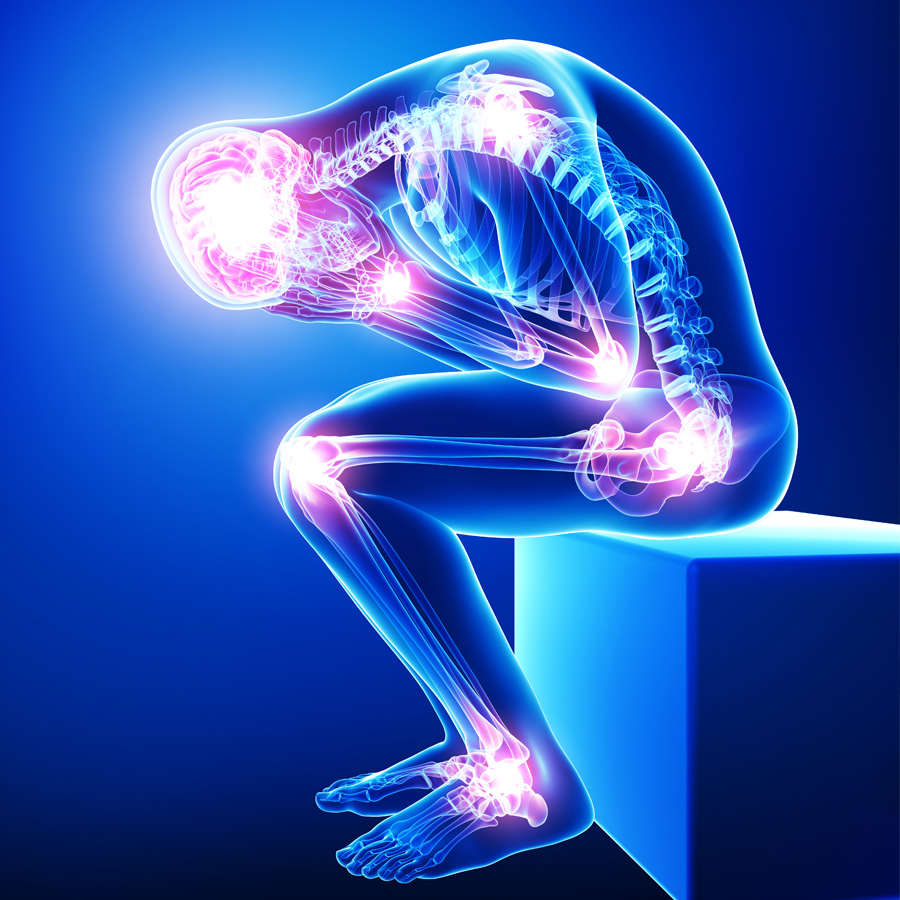



:max_bytes(150000):strip_icc()/relaxing-GettyImages-872539686-2000-f63921ea954641d2a0e2463ec5531930.jpg)

